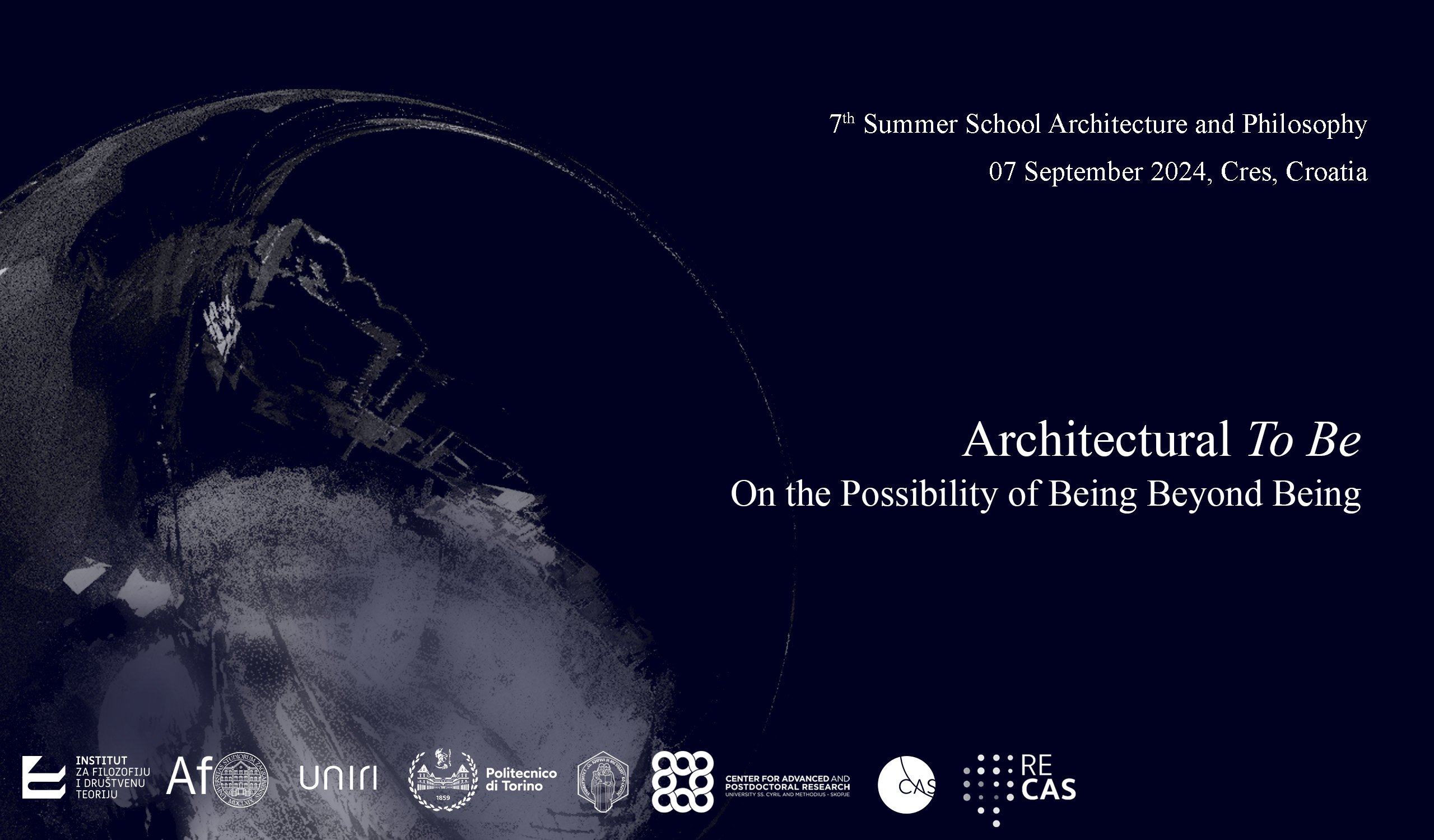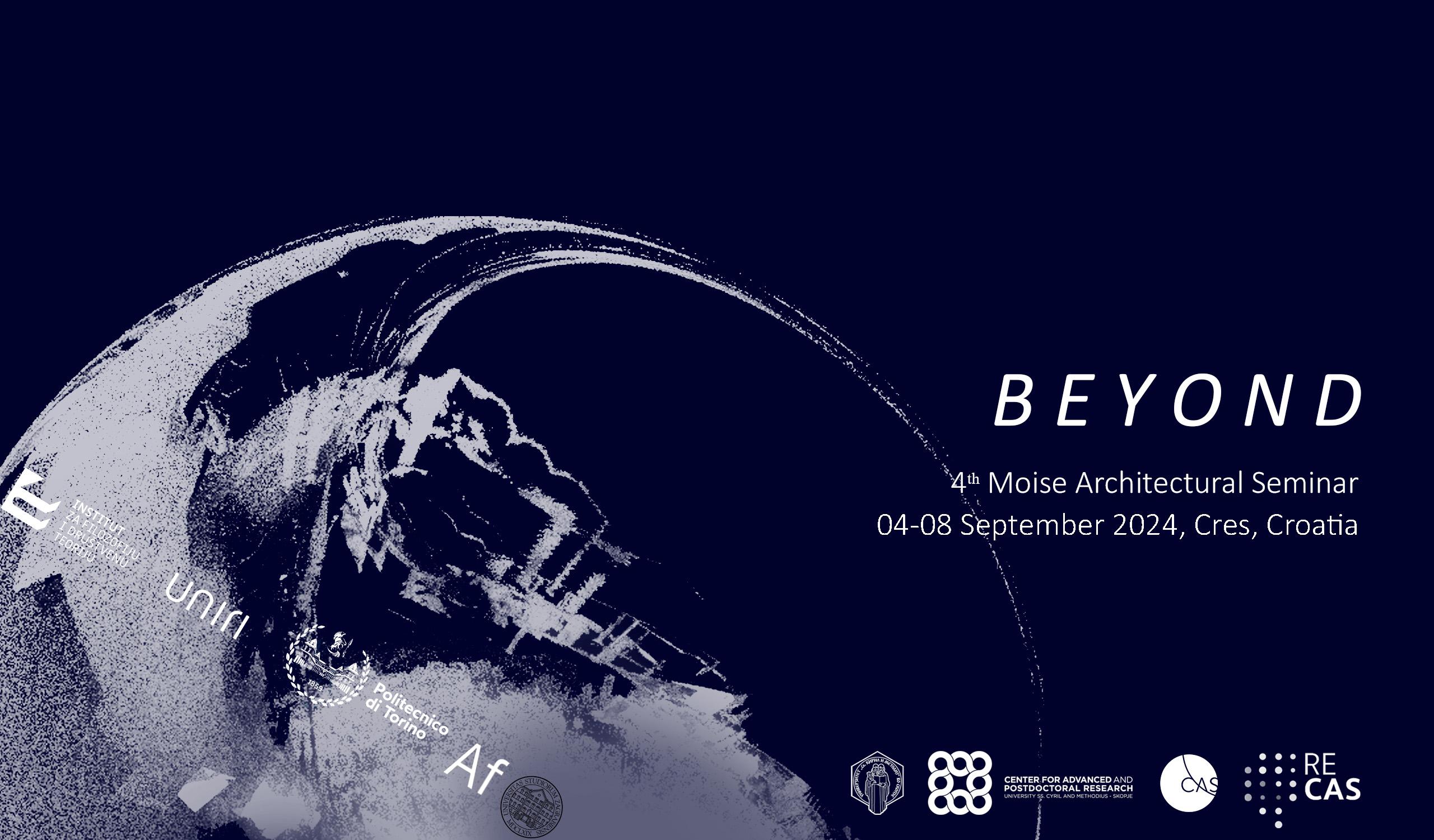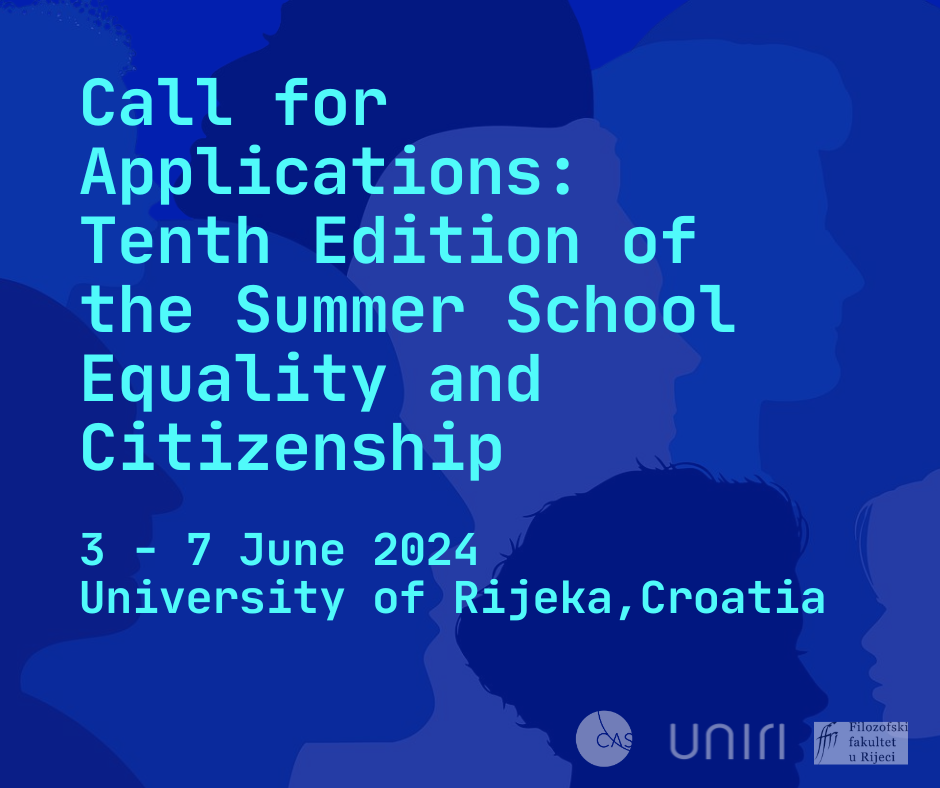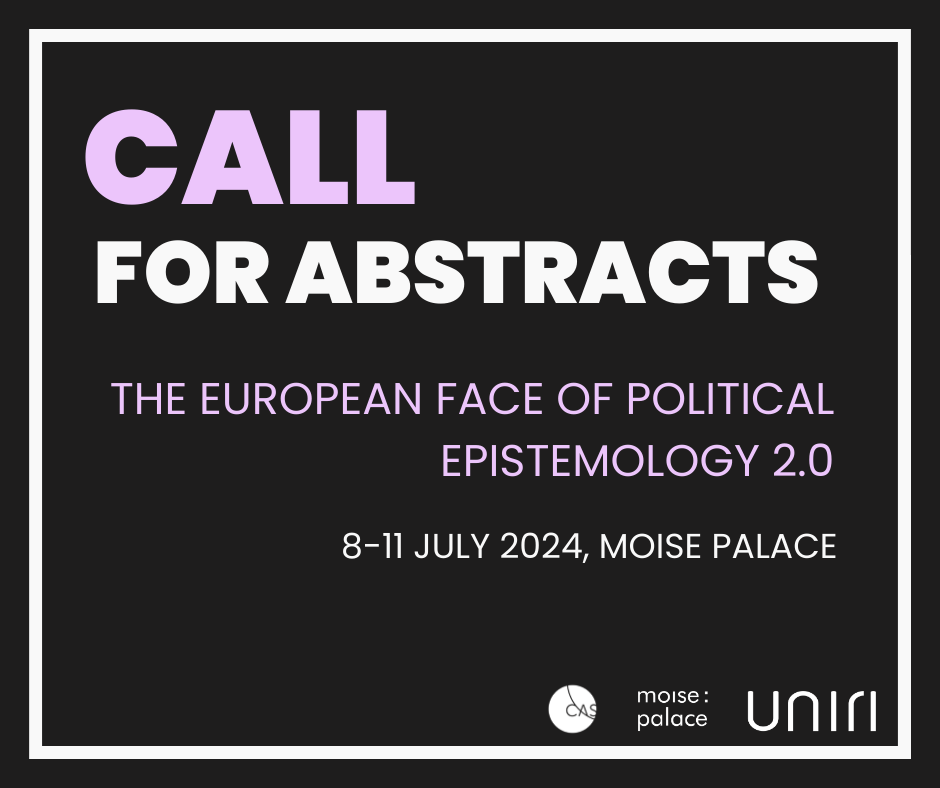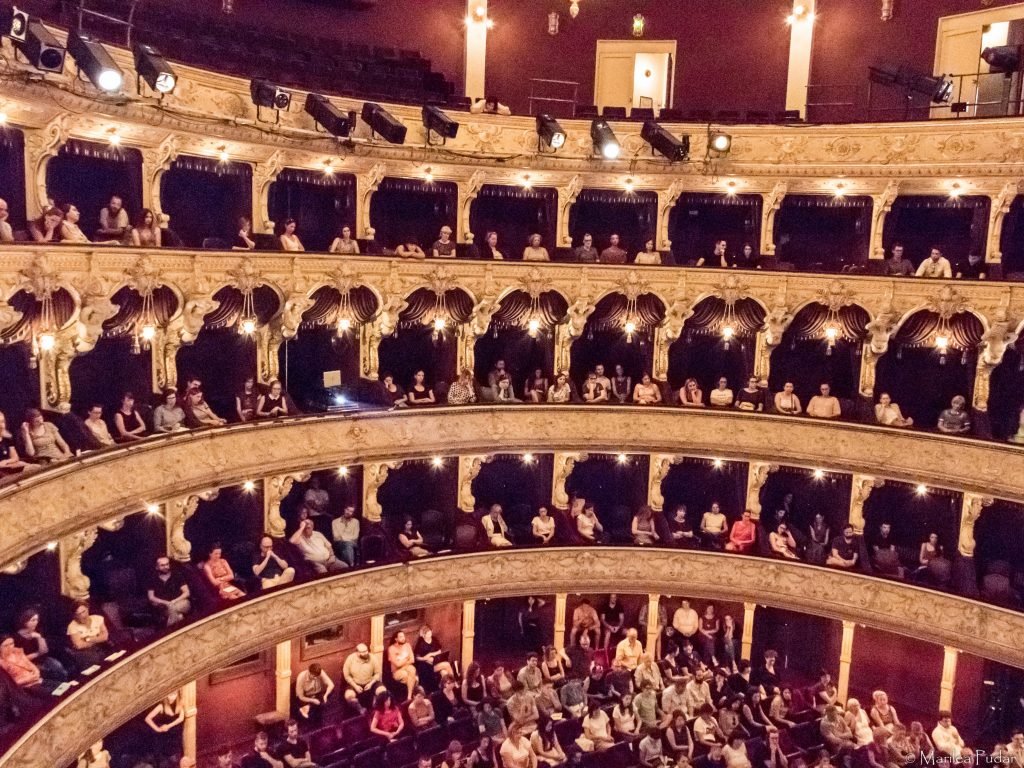
The CAS SEE 2018 Summer School “Critique of Violence Now. From Thinking to Acting Against Violence” (June 18 – 22, 2018) opened with an inaugural lecture by Judith Butler, entitled “Interpreting Non-Violence”. The event took place at the Croatian National Theater “Ivan pl. Zajc” in Rijeka on Monday, June 18th, 2018. During the lecture, Butler posed a question: who is the “we” that gathered at this occasion? Whoever we were, she said, we are all different, and conflict is surely already among us. The challenge is to live with the conflict without (any) violence.
Judith Butler, Maxine Elliot Professor at the University of California, Berkeley, reminded us how our society stems from a powerful foundational fiction that is based on a conception of the human as masculine, self-sufficient, adult individual. This fiction inaugurates a societal structure that sustains ideas of individualism. But, what would happen if we tried another story?
We are all born into a condition of radical interdependency. Judith Butler advocated for changing our focus on interdependency against the self-sufficiency fantasy that is deeply rooted in our societies. Coming to the realization of our mutual interdependency is the condition of equality that can lead towards the understanding of our global obligations (toward our fellow humans, other animals, other living processes, and the environment). Butler argued against the mechanisms that cause that some lives are more grievable than others and some lives are more precarious than others. This is why an ethics of non-violence has to do with an equal distribution of the conditions of livability. In her final words, she concluded that arguing for non-violence is usually regarded as unrealistic, but maybe those who claim this are too enamored with reality.
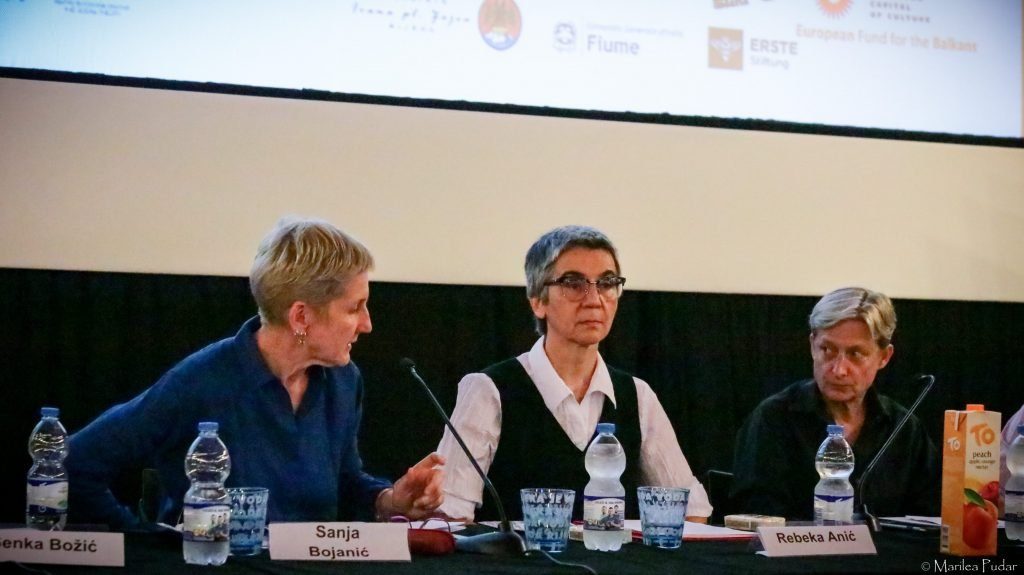

On Tuesday 19th 2018, the City of Rijeka Town Hall hosted the public debate “Political Violence: is counterstrike possible?”, moderated by Manuela Bojadžijev (Humboldt University). In this debate, Donatella della Porta (Scuola Normale Superiore, Firenze) argued for the need of analyzing violence at different levels: macro (economic injustice and ethnic discrimination), meso (incapsulation of ideology), and micro (through acts of intolerant identities). Peter Fenves (Northwestern University) used Immanuel Kant’s fantasy of perpetual peace to argue that we do not have a fantasy of the state that can lead towards a theory of right. Do we, then, need new fantasies? Also, he presented Walter Benjamin’s idea of the connection between the state and criminality: criminality is an alibi to the State foundation – all States are organized violent organizations, and violent syndicates have pretensions of taking over the State.
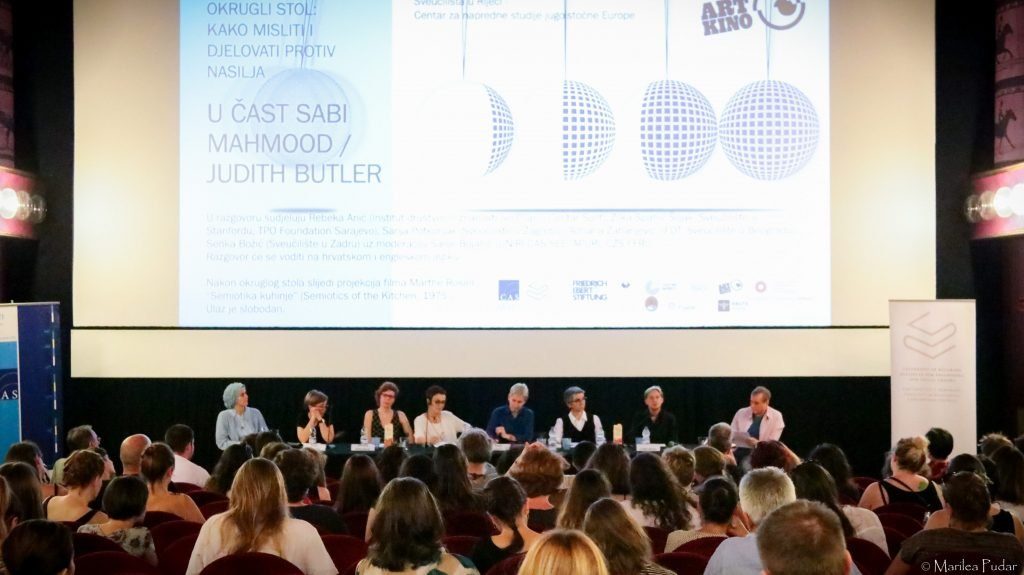
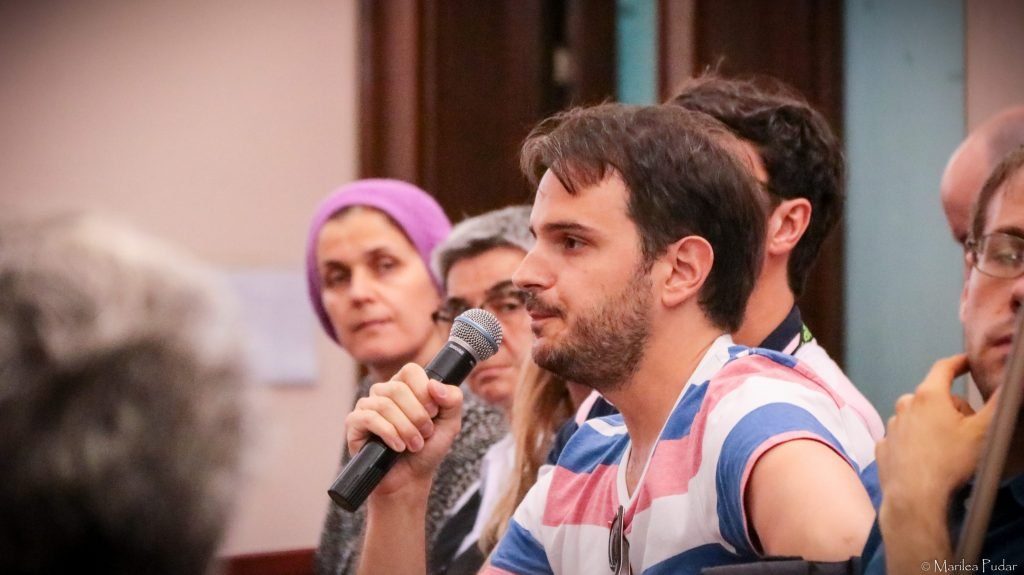
Marc Crepon (Ecole Normale Superiore, Paris) added that there is a murderous consent as a dimension to our belonging to this world. Ignorance is also a part of murderous consent to violence and we need legal action of lawmakers to withhold certain forms of violence. Child labour, slavery, political violence, death penalty, domestic violence/masculine domination, are examples of violences that have to be tackled through legal actions. The media theorist Astrid Deuber-Mankowsky (Ruhr University Bochum) used the example of the Counter-Strike videogame to reflect on the politics of the game against terrorism.
Judith Butler reflected on the title of the debate: Is counterstrike possible? What is a strike? Is it violent or non-violent, or is it perhaps both? Is a non-violent counter-strike possible? We often think about violence as a physical blow, but is it the case for political violence? Political violence seems to act at the level of the state (police, army, prisons), of the violent laws (permitting genocide or femicide), of institutions (abandoning the migrants, for example). States also fail at taking political stances against these violences. And this, she argued, is not a physical blow, but it is violence. This passive way of failing to provide sanctuary fosters particular ways of circulating violence. In her final words, Manuela Bojadzijev claimed that nowadays it is more than ever necessary that institutions take an affirmative stance by pronouncing themselves as sanctuaries for migrants and for marginalized people. This positive act of taking positions in favor of human rights can maybe become the affirmative counterstrike that helps us face contemporary violences.

On Wednesday afternoon, June 21th, the Summer School rendered a tribute to Saba Mahmood, Professor of Anthropology at the University of California at Berkeley who passed away on March 10th, 2018. This tribute took form of a round table, moderated by Sanja Bojanić (UNIRI CAS SEE/Academy for Applied Arts), with participation by Judith Butler, Rebeka Anić (Institute of Social Sciences Ivo Pilar – Center Split), Zilka Spahić Šiljak (Standford University/TPO Foundation Sarajevo), Sanja Pontonjak, (University of Zagreb), Adriana Zaharijević (IFDT University of Belgrade), and Senka Božić (University of Zadar). Together, they reflected on Mahmood’s important contribution to contemporary debates on secularism, feminism, ethics and politics, with viewpoints that contested Western ideas on pious Muslim women.
For Saba Mahmood, secularism can be an instrument for intolerance and leads towards conflict because of its own ambiguity: it advocates equality while imposing inequalities and producing minorities. In this sense, the participants of the table deliberated on the features of a state that considers itself as secular, specifically reflecting on the Croatian context.
Regarding feminism, there was an interesting reflection on the relationship between secular and religious feminisms. It was stated that an entirely secular (or religious) feminism would be provincial; thus, it would be wise to overcome the secularism/religion divide in order to escape the reactive cycle that is often established and to work towards a cooperation between secular and religious feminisms.
Summer school organizers: University of Rijeka, Center for Advanced Studies Southeast Europe (UNIRI CAS SEE), Institute for Philosophy and Social Theory (University of Belgrade).
Partners: Friedrich Ebert Stiftung Zagreb, HNK Ivan pl. Zajc, Erste Stiftung, European Fund for the Balkans, Institut Francais Croatia, Consulato generale d’Italia – Fiume, Goethe Institute Zagreb, Art-kino Croatia and the City of Rijeka.
The 2018 Summer School program is part of the “Kitchen” and “Seasons of Power” Flagships of the project “Rijeka 2020 – European Capital of Culture.”
https://www.facebook.com/ERSTEFoundation/videos/1956012694436902/
The “Non-violent resistance works.” A Talk Europe! interview with Prof. Judith Butler, brought to us by ERSTE Foundation at the UNIRI CAS SEE in June 2018.
UNIRI The Moise Palace: Cres Island
An education center of the University of Rijeka. A five-hundred-year-old patrician townhouse and the largest Renaissance palace on the Croatian islands. A venue and forum for various scientific and research activities, it welcomes visiting academics, students and scholars.

